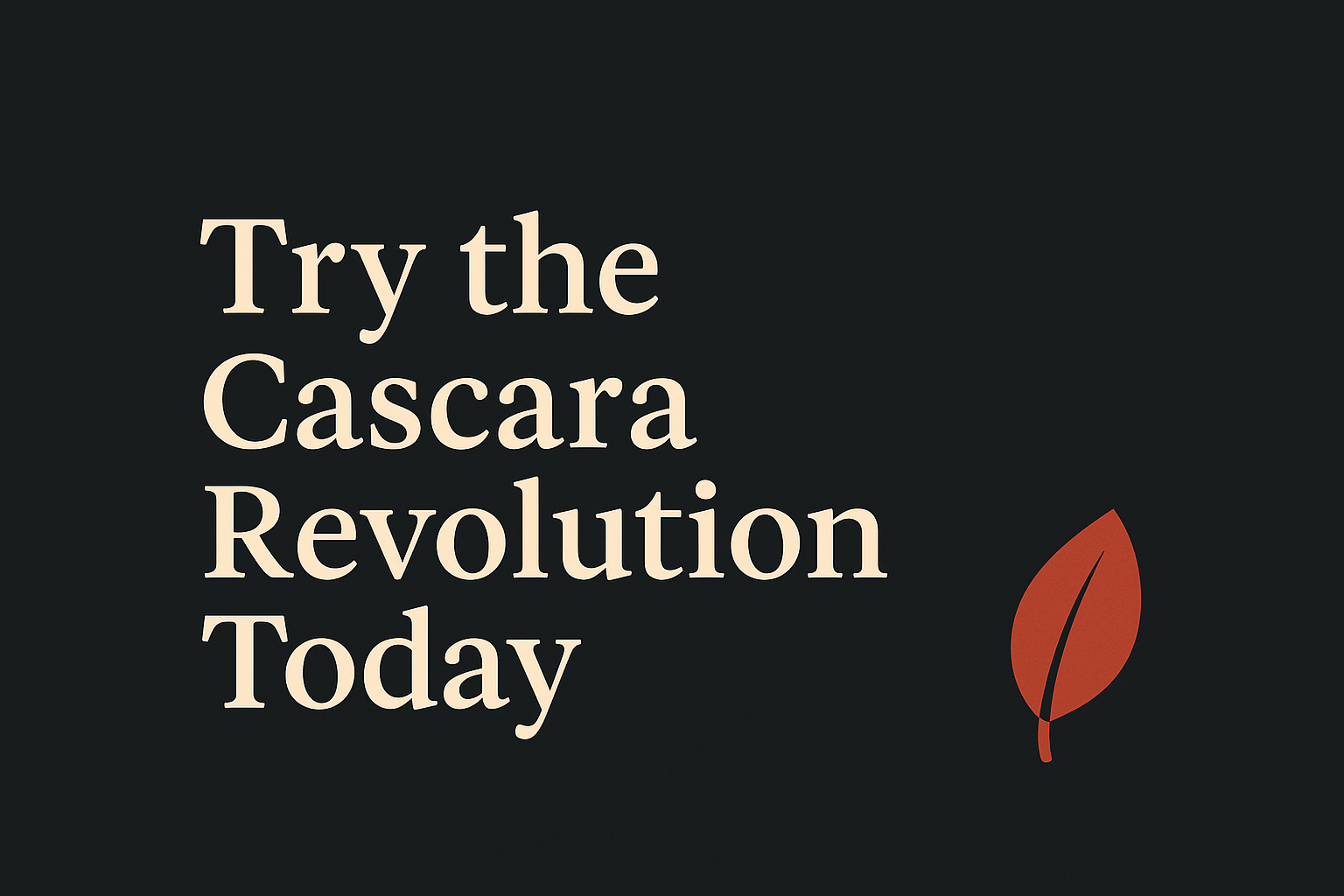What Causes Coffee To Taste Bitter?
There are several factors that might be turning your brew from delicious to dismal. Bad brewing, such as improper techniques and over-extraction, can lead to a bitter cup of coffee.
Here’s what you need to know: low quality coffee, including low-grade beans or over-roasted beans, can also result in an unpleasantly bitter taste.
Over-Extraction Steals the Show
Extraction is all about how water draws flavour from coffee grounds. If the coffee grounds stay in contact with water for too long, they don’t just release the sweet and rich notes but also tap into bitter compounds, leading to over extraction.
During this process, a chemical reaction occurs where water interacts with the coffee grounds, dissolving flavour compounds. This over-extraction often happens when brewing takes too much time or the grind is too fine. Finding the optimal brewing balance is key.
The Wrong Grind Size Can Throw Things Off
Grind size isn’t just a detail; it’s a game-changer. Each brewing method demands its own grind setting. For example, a French press works best with coarse grounds, while espresso thrives on a fine grind.
If the coffee beans are too finely ground, it can lead to over-extraction and a bitter flavor. If the size doesn’t match the method, over- or under-extraction occurs, which can lead to bitterness.
Water That’s Too Hot
Boiling water should be allowed to rest for a minute after boiling to achieve the correct brewing temperature. Temperature matters. Brewing with water that exceeds 96°C can scorch your coffee grounds and bring out unwanted bitter compounds.
If the water is too hot, it can lead to the extraction of bitter compounds, resulting in an undesirable flavour. The sweet spot for brewing lies between 90°C and 96°C, offering the ideal balance of flavour and smoothness.
Imbalanced Coffee-to-Water Ratio
Too much ground coffee or too little water can easily make your brew unpleasantly strong and bitter. Sticking to a tried-and-true ratio of 1 to 2 tablespoons of ground coffee per 180ml of water is a great starting point, but feel free to tweak it until you find your perfect cup.
Neglecting Clean Equipment
A dirty machine or grinder is a quiet culprit for many flavour problems, as residues can lead to undesirable flavours in brewed coffee. It is crucial to clean your equipment with the same frequency, regardless of how often it is used, to prevent oil buildup and maintain optimal taste.
Old coffee oils and residue can linger, adding a stale bitterness to everything you brew. Regular cleaning ensures that each cup tastes as fresh as possible.
Low-Quality or Overly Dark Roasted Beans
Unfortunately, not all coffee beans are created equal. Poor-quality beans or robusta beans can bring more bitterness to the table. Super dark roast beans, in particular, can lead to a bitter cup of coffee due to their intense roast profile.
Dark roasts have higher levels of phenylindanes and chlorogenic acid as noted from this source, which intensify bitter flavours. Switching to high-quality, lighter roasted beans could transform your drinking experience.









